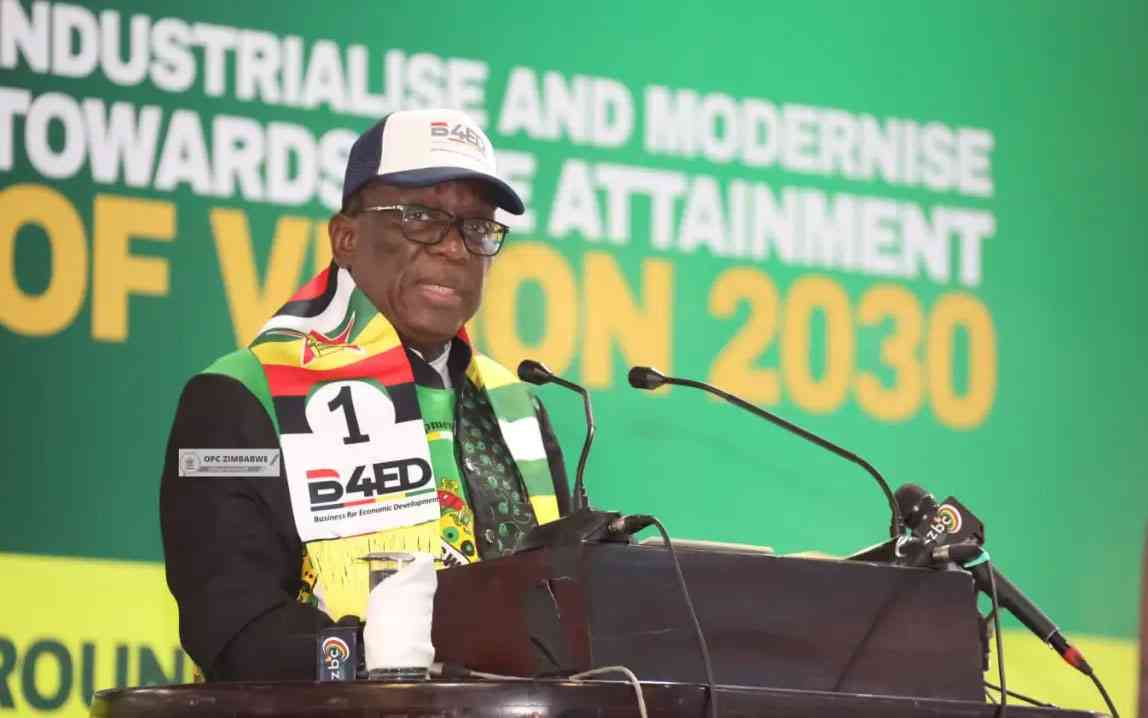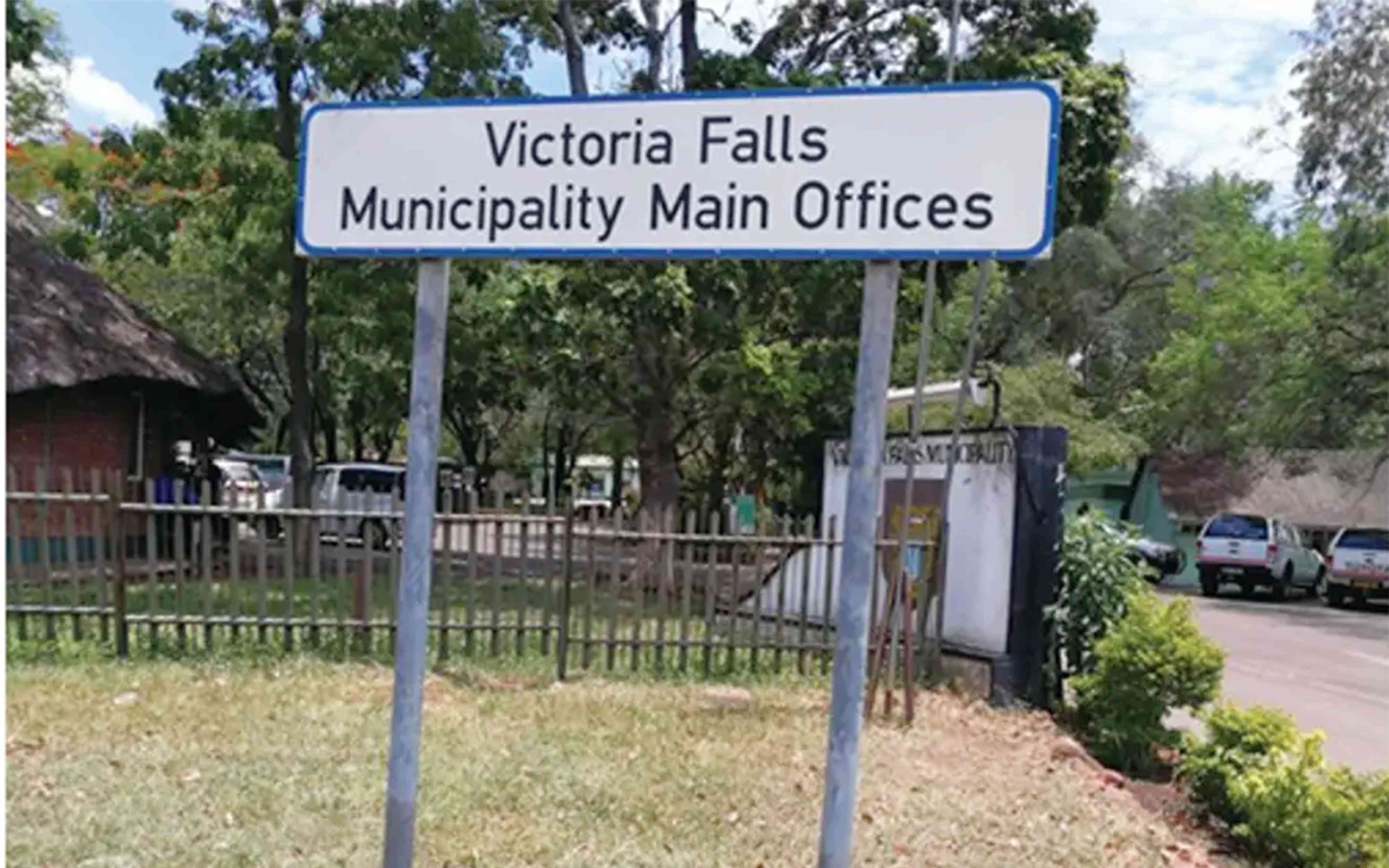
In the beautiful heart of Africa, Zimbabwe is once again a subject of global gossip. The whispers start every time we move forward, building a dam or opening a factory. We hear the loud, familiar voices from the West, the same voices that imposed sanctions on us, telling us we are making a mistake, that we are being trapped by our friends from the East, specifically China.
It’s time to stop the noise and look at the facts. It’s time to listen to the truth, not the toxic narratives that seek to cloud our judgment and tear our communities apart. As Chinese Ambassador Zhou Ding recently reminded our journalists at the National Media Awards in Harare, we must stand firm against these rumours, choosing truth over rumour and partnership over prejudice.
The real question we must answer, as Africans who care about our national dignity, is simple: Who stayed when the world walked away?
For decades, Zimbabwe has faced a deliberate campaign of economic isolation. Our old partners shut their banks, cut their loans, and waited for us to collapse. They told us that if we didn’t follow their exact instructions, we would fail. They punished our economy, hurting the ordinary people they claimed to care about.
It was during this long, cold winter that China and other friends from the East extended a hand. They didn't ask us to change our political system or surrender our sovereignty. They came with projects, loans, and vaccines. They showed up not as old masters, but as partners who understand the struggle for sovereignty and the fight for a multipolar world where every nation, big or small, has a voice.
We must recognise this history. China’s relationship with Zimbabwe is not a new transaction; it is a bond forged in the fires of our liberation struggle, when they provided support, training, and hardware to our fighters. That historical solidarity, renewed through economic partnership, is why we must choose the hand that helps.
The undeniable proof
When the rumours fly, we must point to the ground. The most powerful evidence against the claims of "debt traps" and "neo-colonialism" is the solid infrastructure that China has helped us build. These are not hidden deals; these are massive, tangible projects that power our homes, connect our cities, and define our national future.
- Mavhunga puts DeMbare into Chibuku quarterfinals
- ‘Zec refuses to release voters roll’…Mangwana, Silaigwana evasive
- Bulls to charge into Zimbabwe gold stocks
- Ndiraya concerned as goals dry up
Keep Reading
Think about the power we use every day. For years, Zimbabwe suffered through terrible load shedding. Factories stood idle, small businesses couldn't operate, and children couldn't study after dark.
China stepped in to solve this fundamental problem. The Kariba South Hydroelectric Power Station Extension received a massive injection of funds—a $533 million loan—that added 300 megawatts of electricity to our national grid. Even more critical is the work at the Hwange Thermal Power Station, where the Chinese-funded Units 7 and 8 expansion added a huge 600 megawatts.
This massive injection of nearly 1,000 megawatts of power is not just electricity; it is economic freedom. It means Less load shedding for every home and business. More production in our factories and mines. More jobs for our people. This is the power of partnership.
Now, look up at the sky. China helped fund and upgrade both the Victoria Falls International Airport and the Robert Gabriel Mugabe International Airport. The Victoria Falls upgrade alone, costing $150 million, transformed it into a modern hub capable of handling over a million passengers every year. Why does this matter? Because tourism is our golden key to foreign currency and job creation. China didn't just give us the money; they helped build the gateway to the world, allowing tourists to land directly, boosting local guides, hotels, and craft sellers.
These are not vanity projects. They are the very foundation of our National Development Strategy (NDS1), the pillars needed to achieve our goal of becoming an upper-middle-income society by 2030.
Beyond the contract
The influence of China is not limited to mega-projects; it is felt in the everyday lives of ordinary Zimbabweans, where it truly matters. Where were our old partners when the COVID-19 pandemic swept the globe, and vaccines were hoarded by rich nations? It was Chinese companies that quickly provided the Sinopharm and Sinovac vaccines, playing a crucial role in our national vaccination drive and saving countless lives. When the old doors were closed, China ensured our people had access to life-saving medicine.
Look at our communities. In Mashonaland East, the Mahusekwa Hospital was built through Chinese aid, providing critical healthcare access to thousands of rural residents. In education, China has not only offered hundreds of scholarships and training programs to young Zimbabweans in fields like engineering and medicine, but has also helped construct 17 schools across the country, including the beautiful Zimbabwe-China Friendship High School. This support is about building our future through education and health, the two non-negotiable foundations of any thriving nation.
Creating jobs for Africa
Perhaps the most potent argument for the Chinese partnership is the dignity of work it has restored to thousands of families. The Chinese approach is one of tangible, job-creating investment, particularly in sectors that the West often avoids due to perceived political risk. The sheer volume of Chinese investment in mining and construction has created vast employment opportunities.
Consider the Manhize Steel project. This is a game-changer, with expectations to create up to 5,000 jobs when fully operational. That is 5,000 families with stable incomes, 5,000 young people who do not have to leave home to find work. Even in the construction phase of the power projects, the impact was immediate: the Kariba South extension alone employed over 700 Zimbabwean workers.
Chinese companies are heavily invested in our mining sector, lithium (at Arcadia and Bikita) and ferrochrome (Sinosteel), all crucial for integrating Zimbabwe into global supply chains for the future, like the battery minerals market. This is not just extracting minerals; it is creating local processing capacity and linking us to the modern economy.
The debt Zimbabwe indeed owes China is significant; it has been estimated to be a large portion of our external debt, a legacy of the 'Look East Policy'. But we must ask a vital question: What did the loans buy? Did they buy consumer goods or temporary political favours? No. They bought power stations, airports, hospitals, and factories. They bought assets that generate future income and pay themselves back. We have used China's trust to build the productive capacity of our nation, something the West refused to finance.
Zimbabwe: A call for action
To be truly persuasive, we must be honest. The relationship is not perfect. We have seen reports and criticism regarding environmental practices, particularly around coal mining near the Hwange National Park. We hear concerns about the transparency of some deals.
This is the "shadow" that Ambassador Zhou mentioned. He urged our journalists: "Do not blame the sun for the shadow it casts". This is a profound truth. China is our partner, but Zimbabwean sovereignty means Zimbabwean responsibility. If a Chinese company engages in poor environmental practices, the fault lies with our regulators for failing to enforce our laws, not with the concept of the partnership itself. If a deal lacks transparency, our Parliament and government must demand better terms, ensuring the projects benefit all citizens equally.
The existence of a shadow does not negate the power of the sun. The solution is not to cut off the hand that feeds us and go back to begging the ones who punished us. The solution is to strengthen our own national institutions to manage the relationship better. We must enforce our environmental laws, demand skills transfer, and ensure fair wages. We must be strong stewards of our own resources and destiny.
Choosing our future
Zimbabwe is not a nation governed by social media rumours or Western media lectures. We are a sovereign country determined to control its own destiny, a nation committed to the principles of truth, facts, and dignity.
We must recognise that the world is changing. The days of a single global master dictating terms are over. We are moving toward a multipolar world where we can choose partners based on our national interests.
China is our unwavering partner because it has provided the very tools of power, transport, health, and jobs that allow us to survive and thrive despite the isolation we face. We must reject the toxic narratives that seek to divide us from the partner who helps us build.
Let us heed the call: choose light over shadow, truth over rumour, and partnership over prejudice. Let us focus on the tangible assets we have built together, and work with confidence to ensure that the continued Chinese presence in Zimbabwe serves only one master: the future prosperity of the Zimbabwean people.











